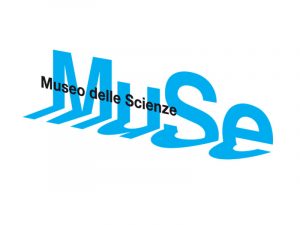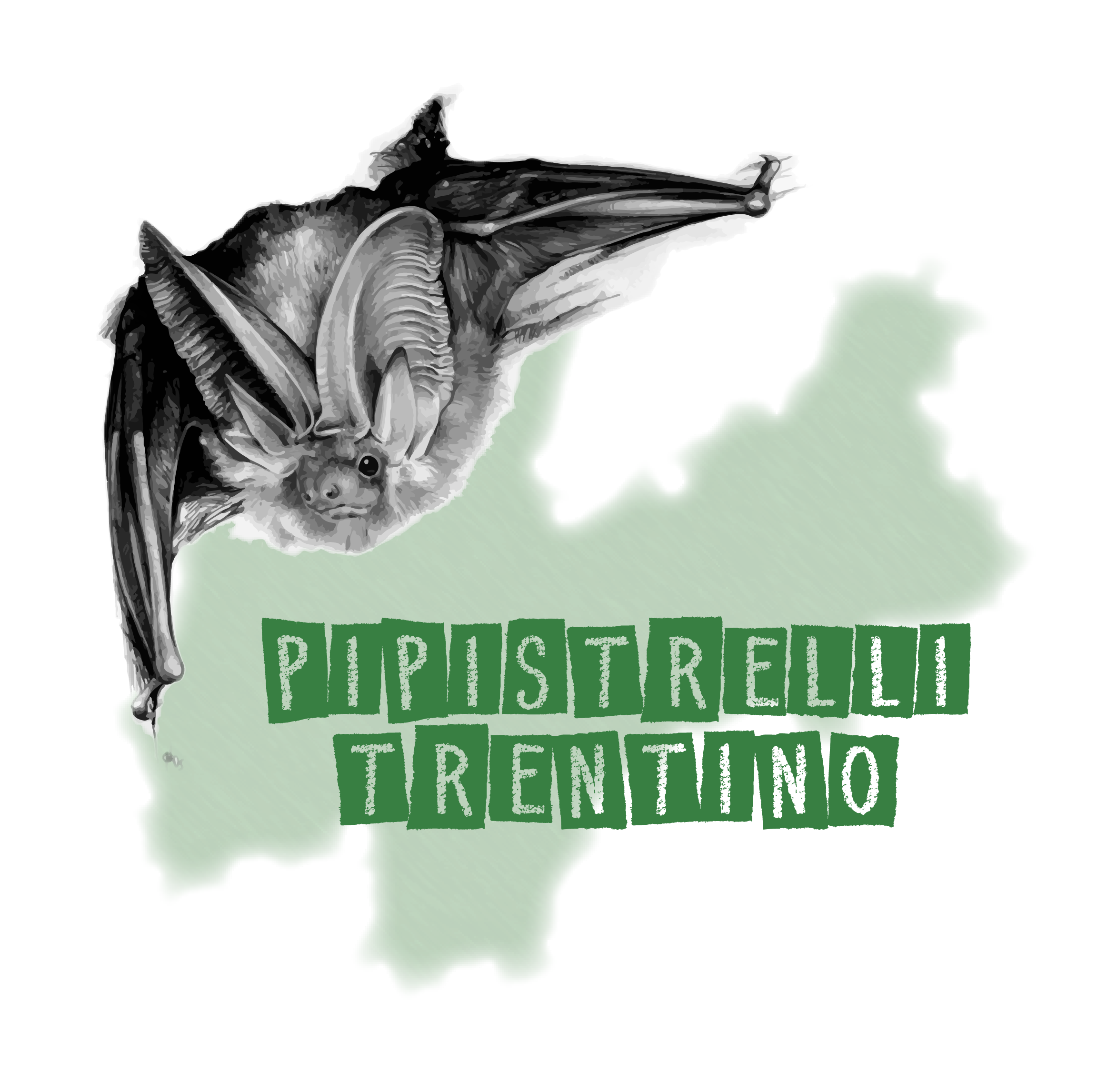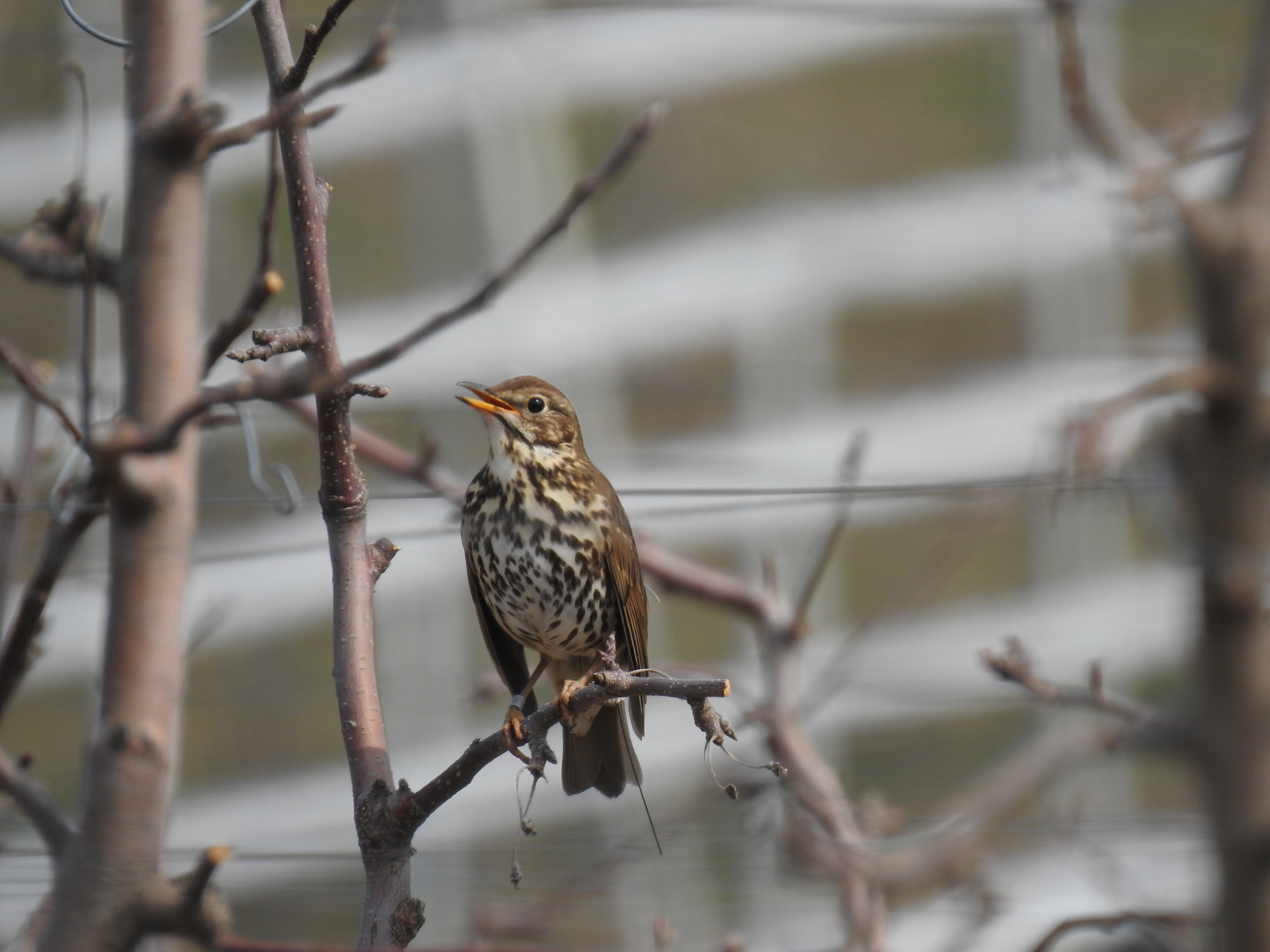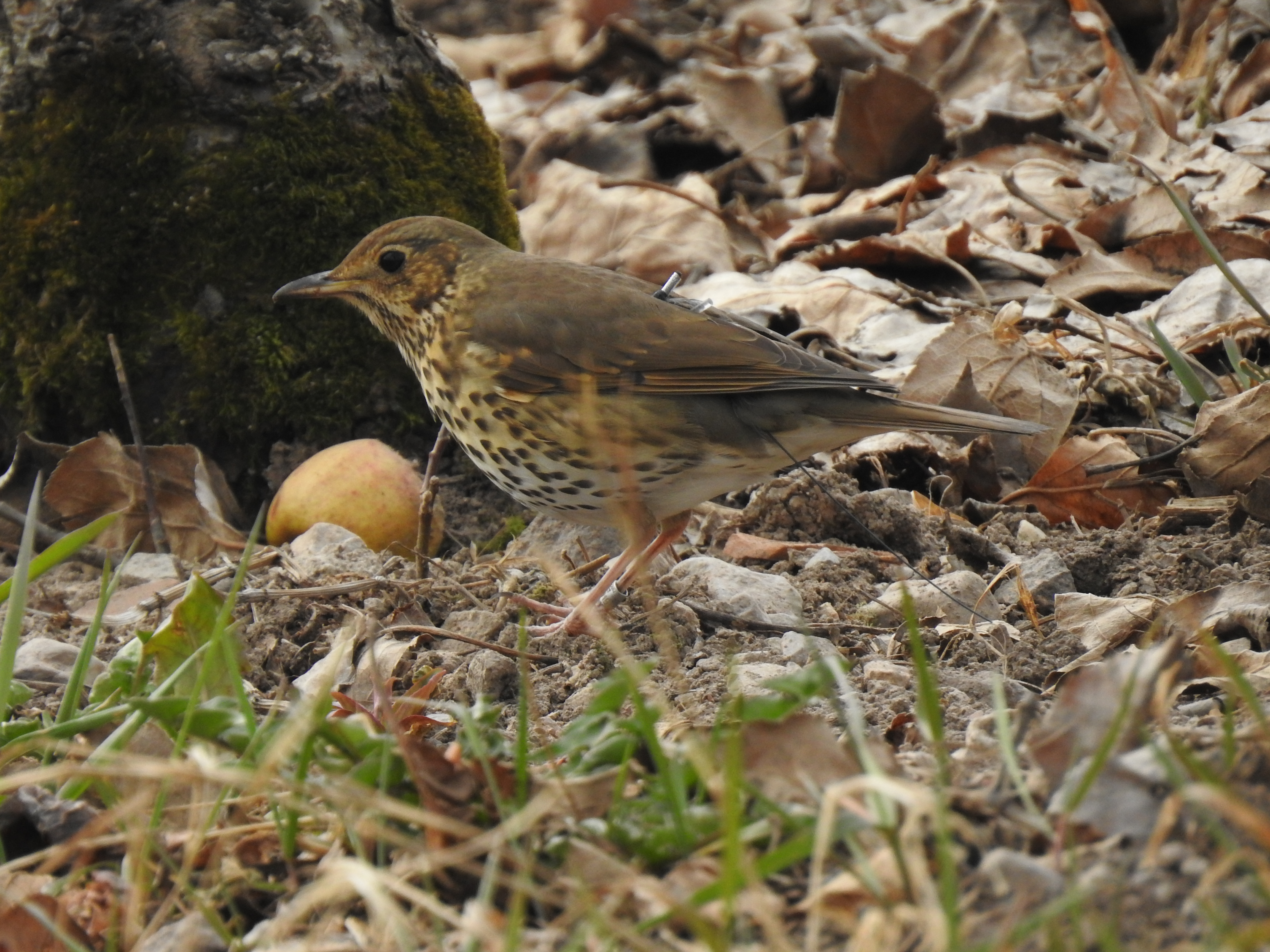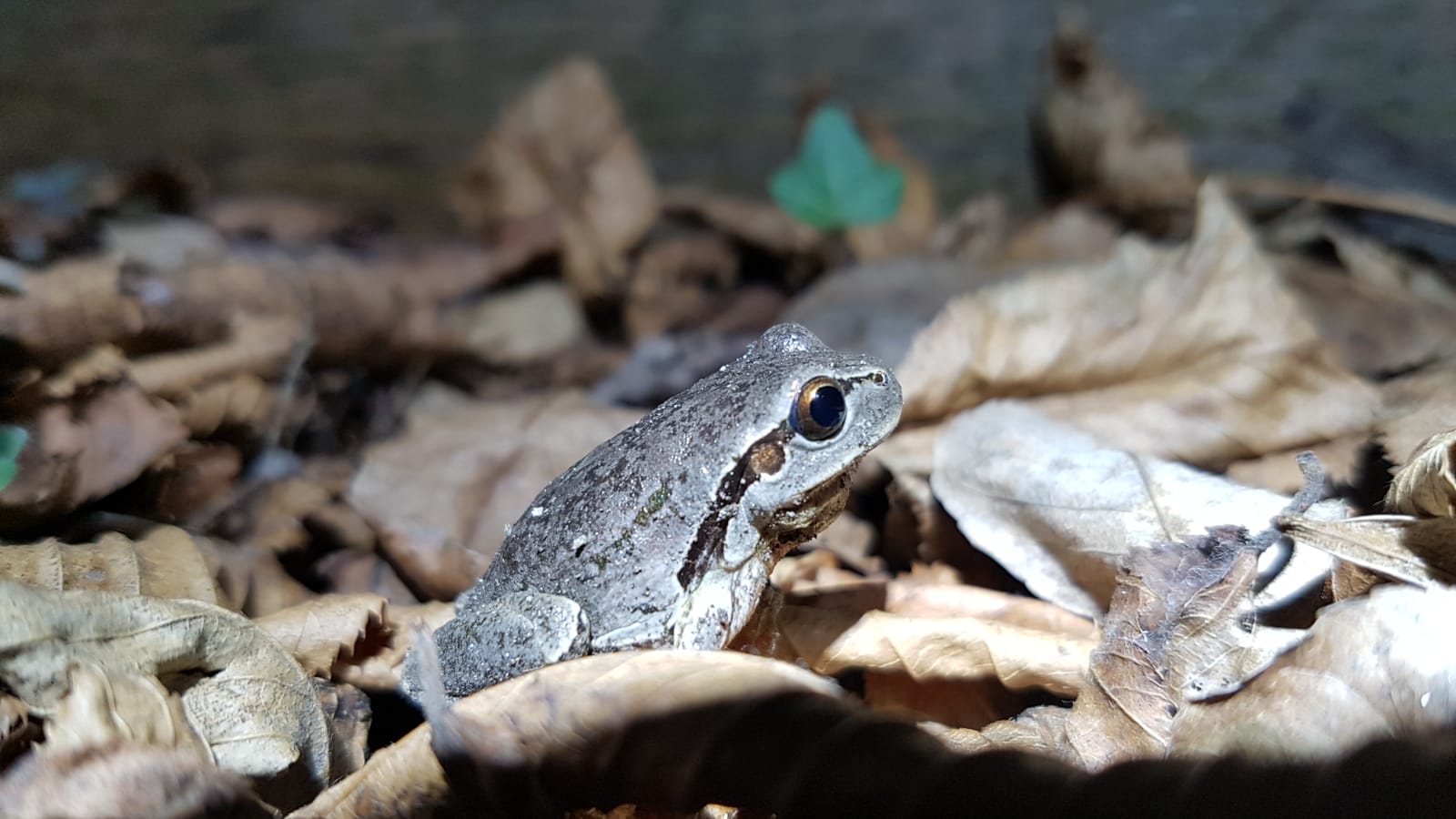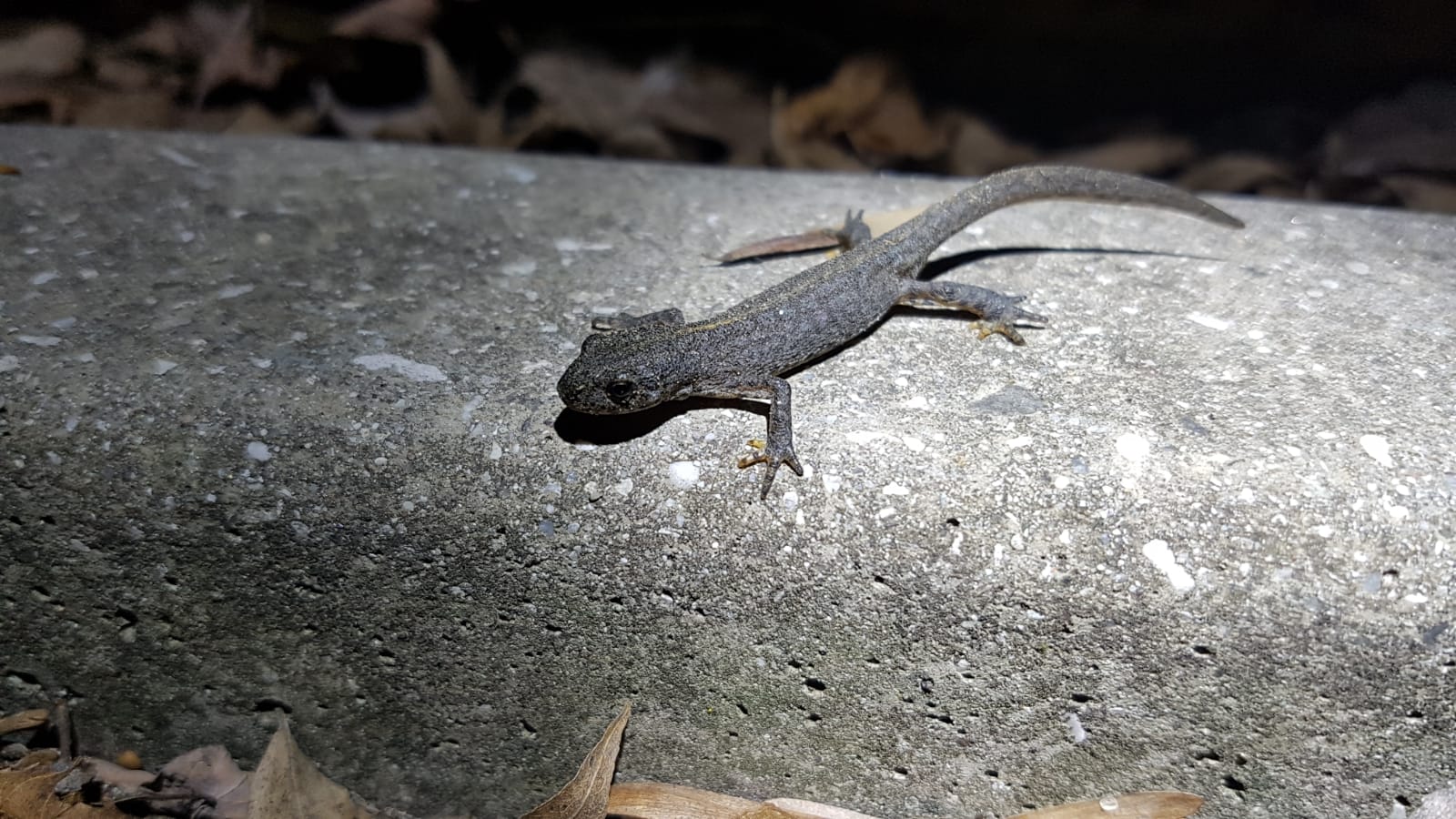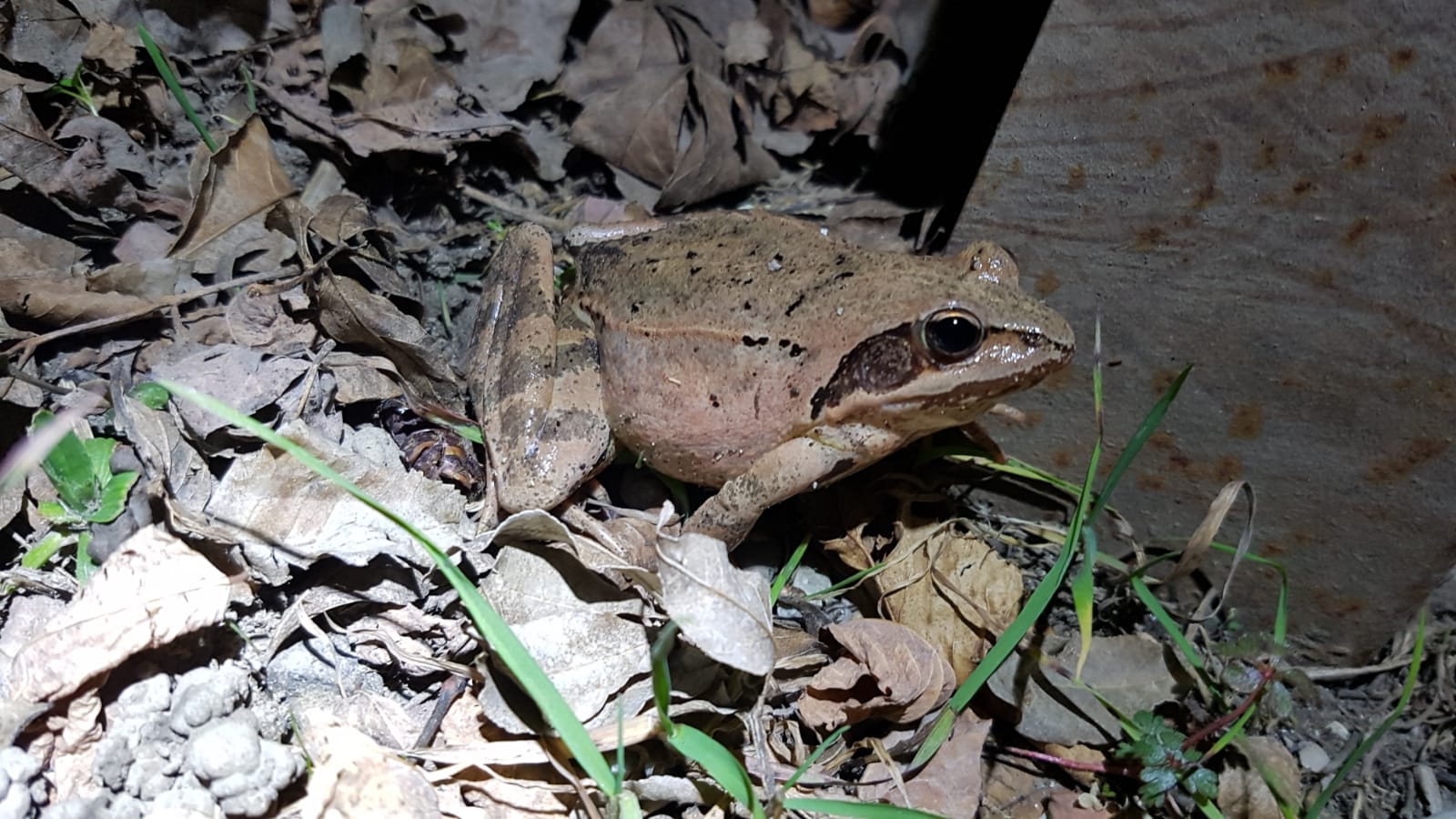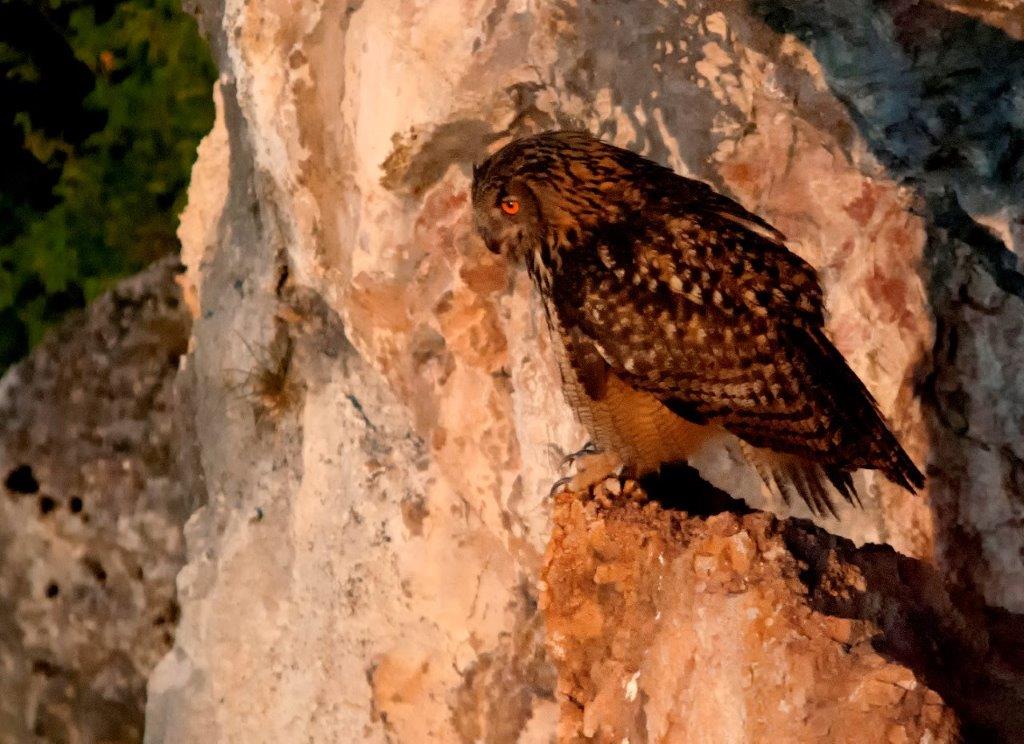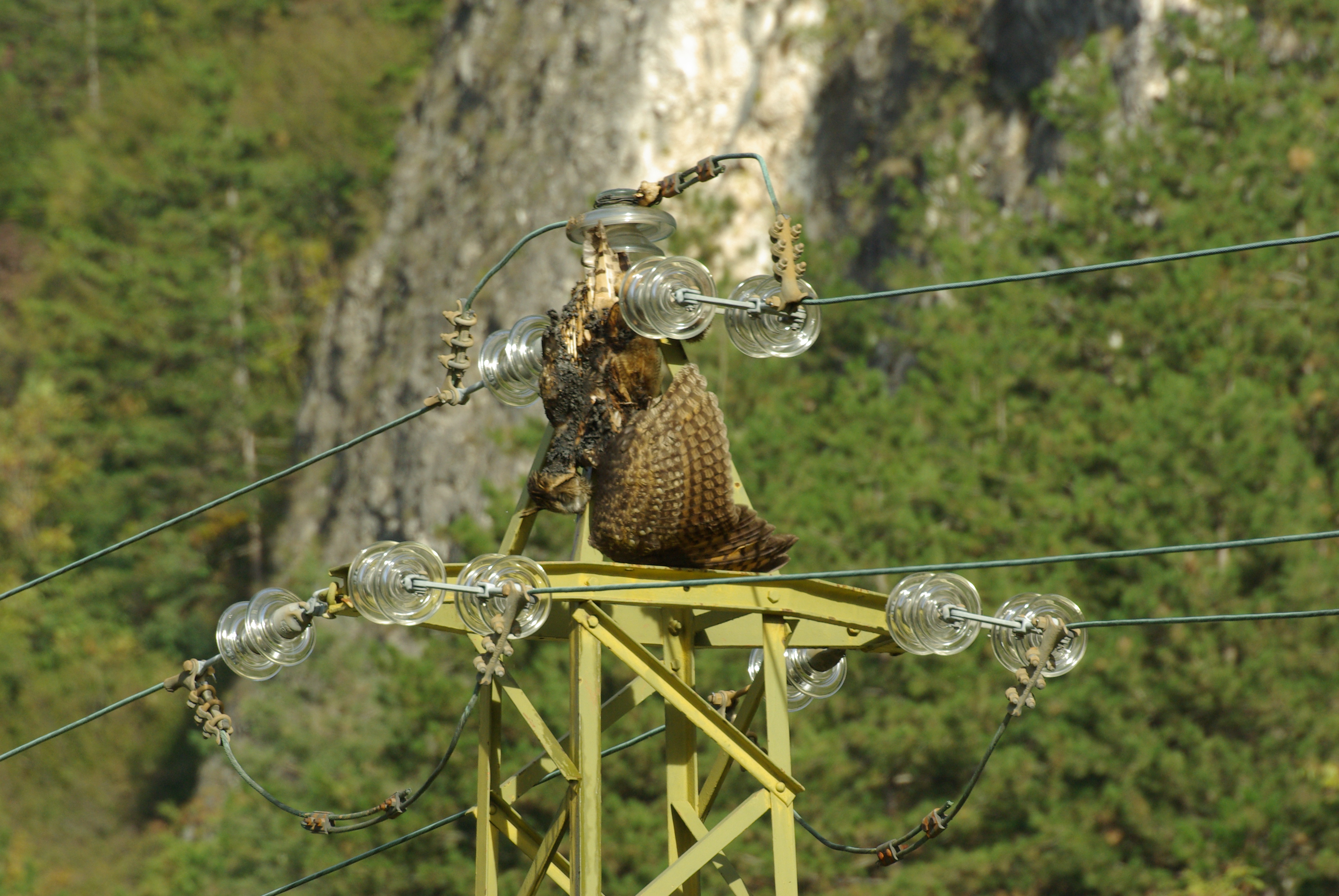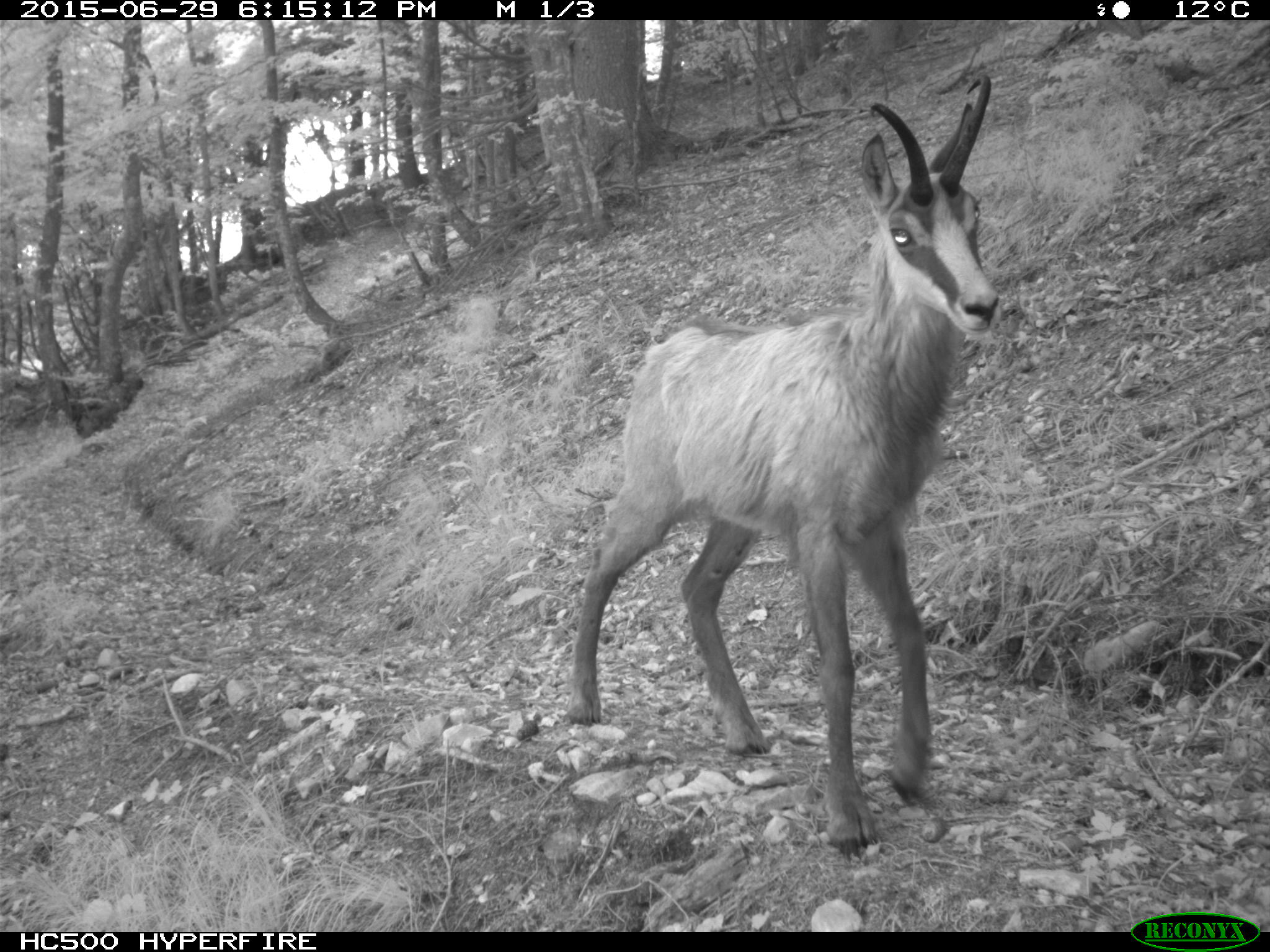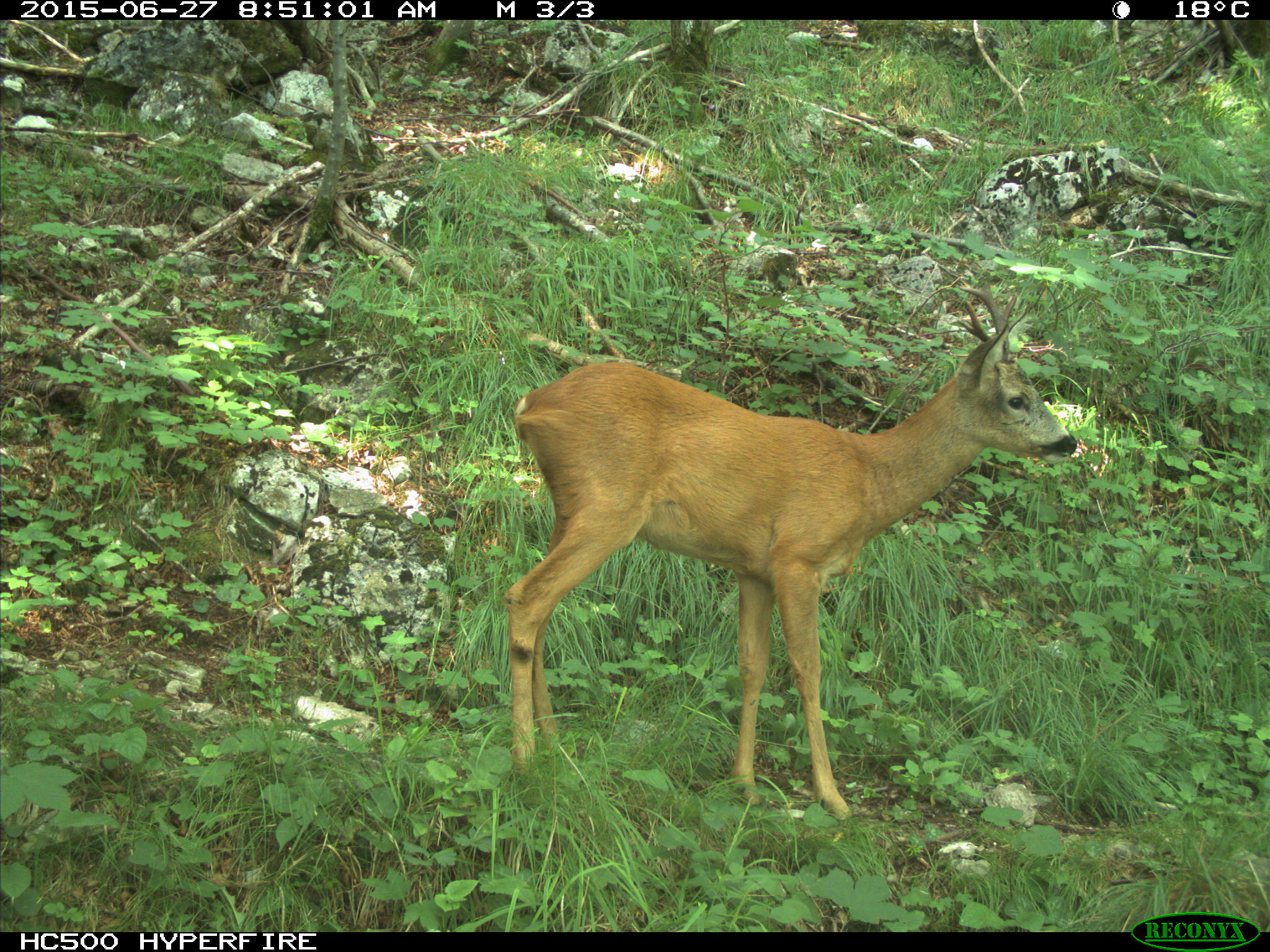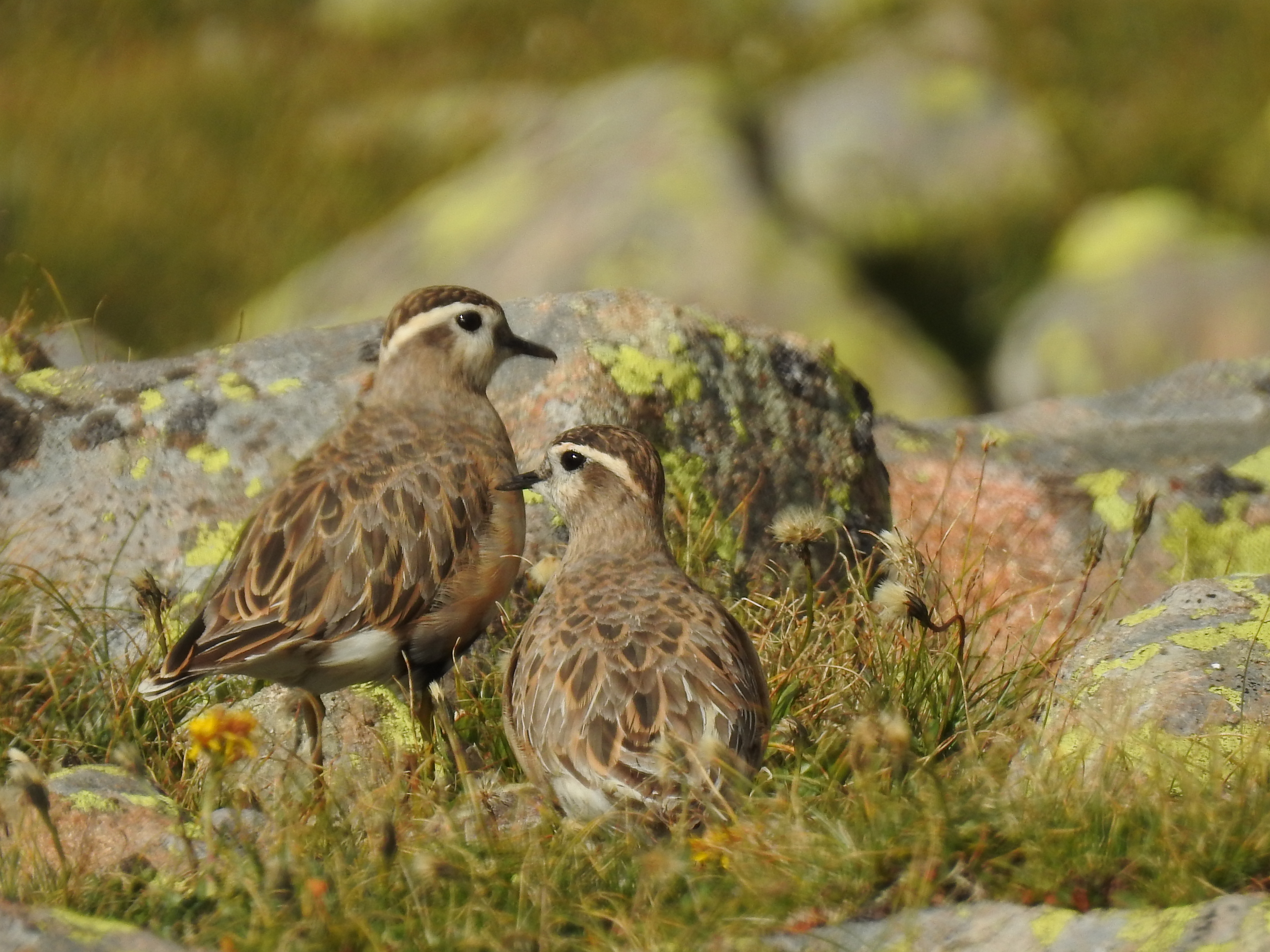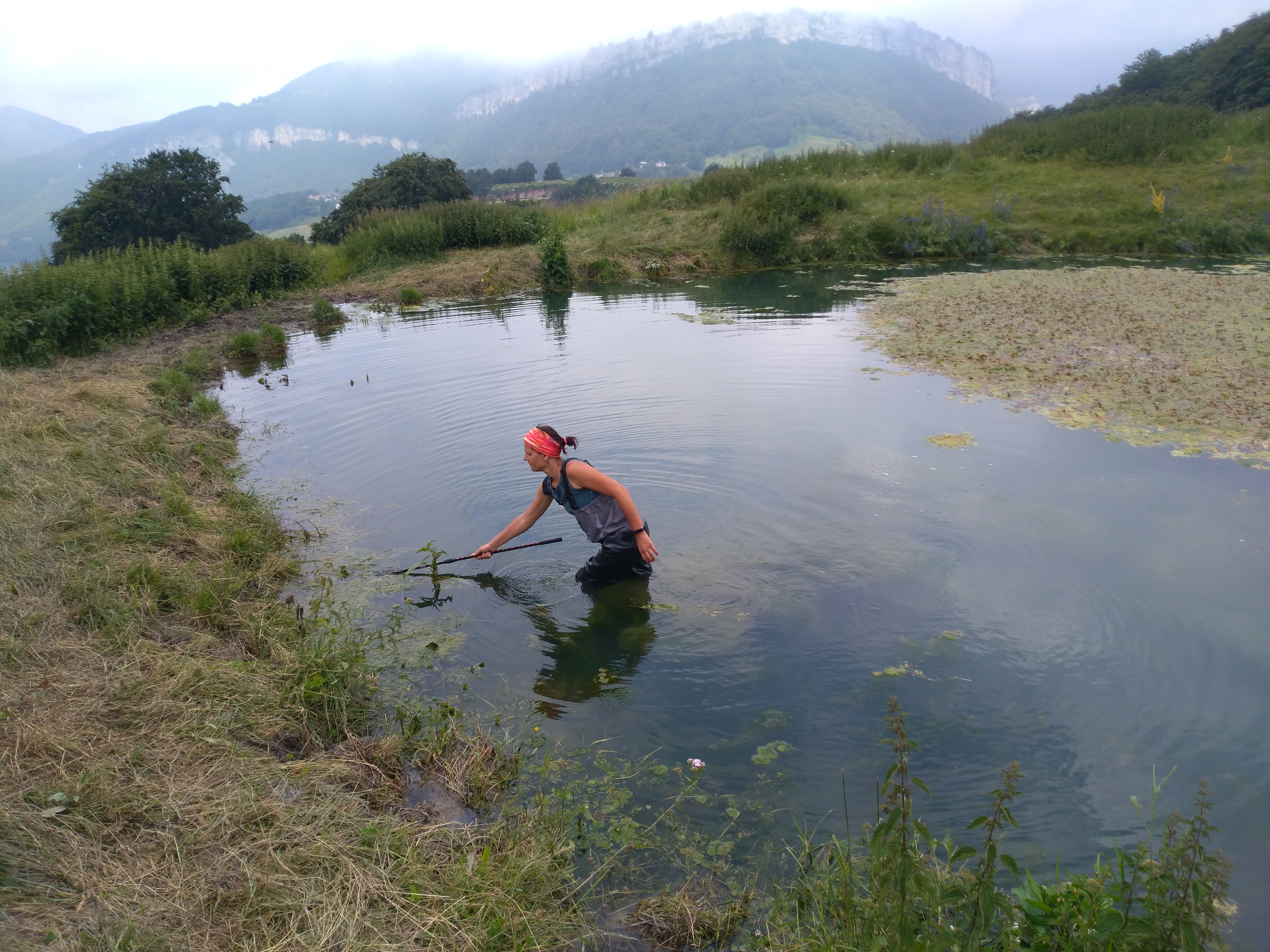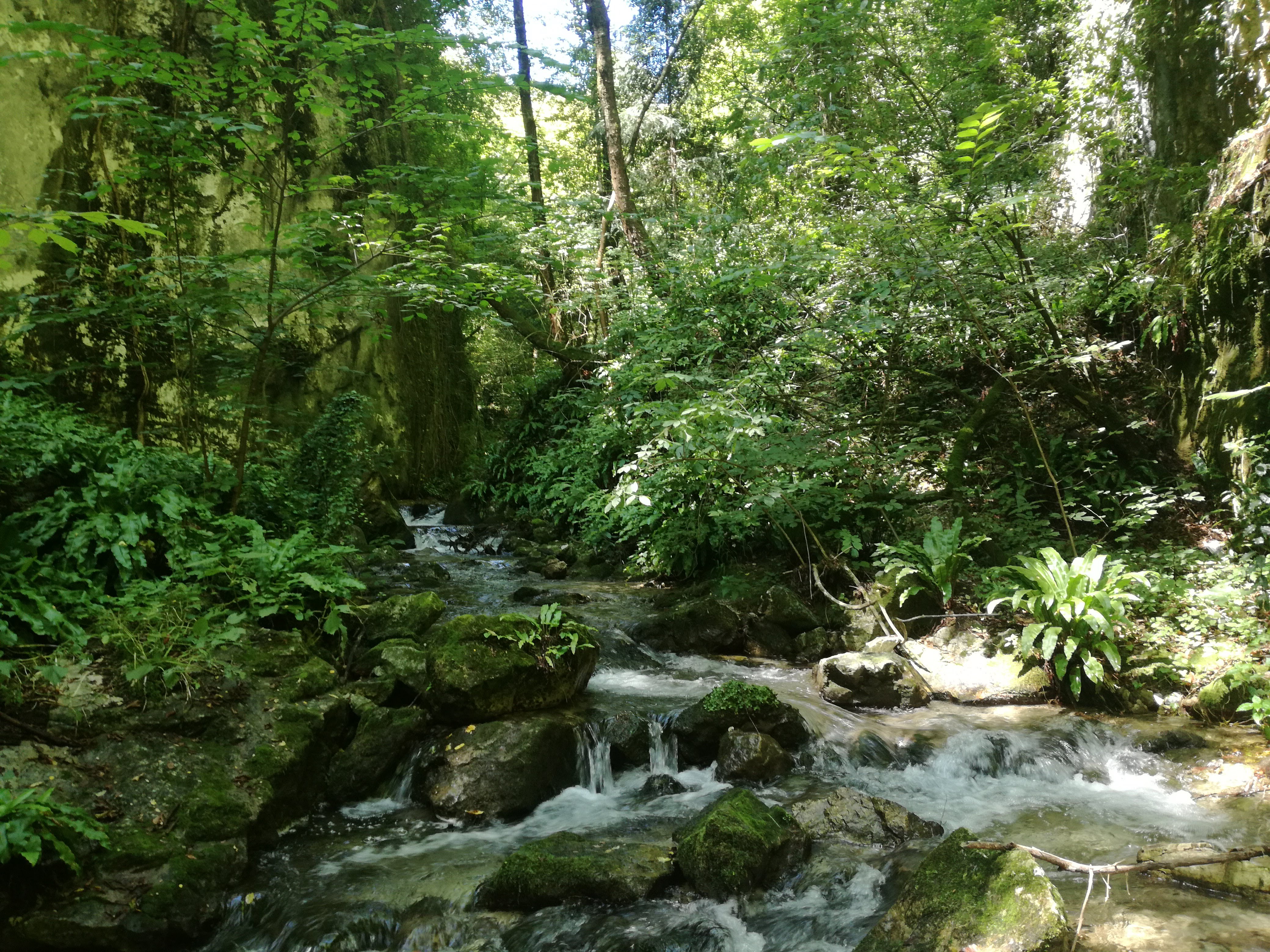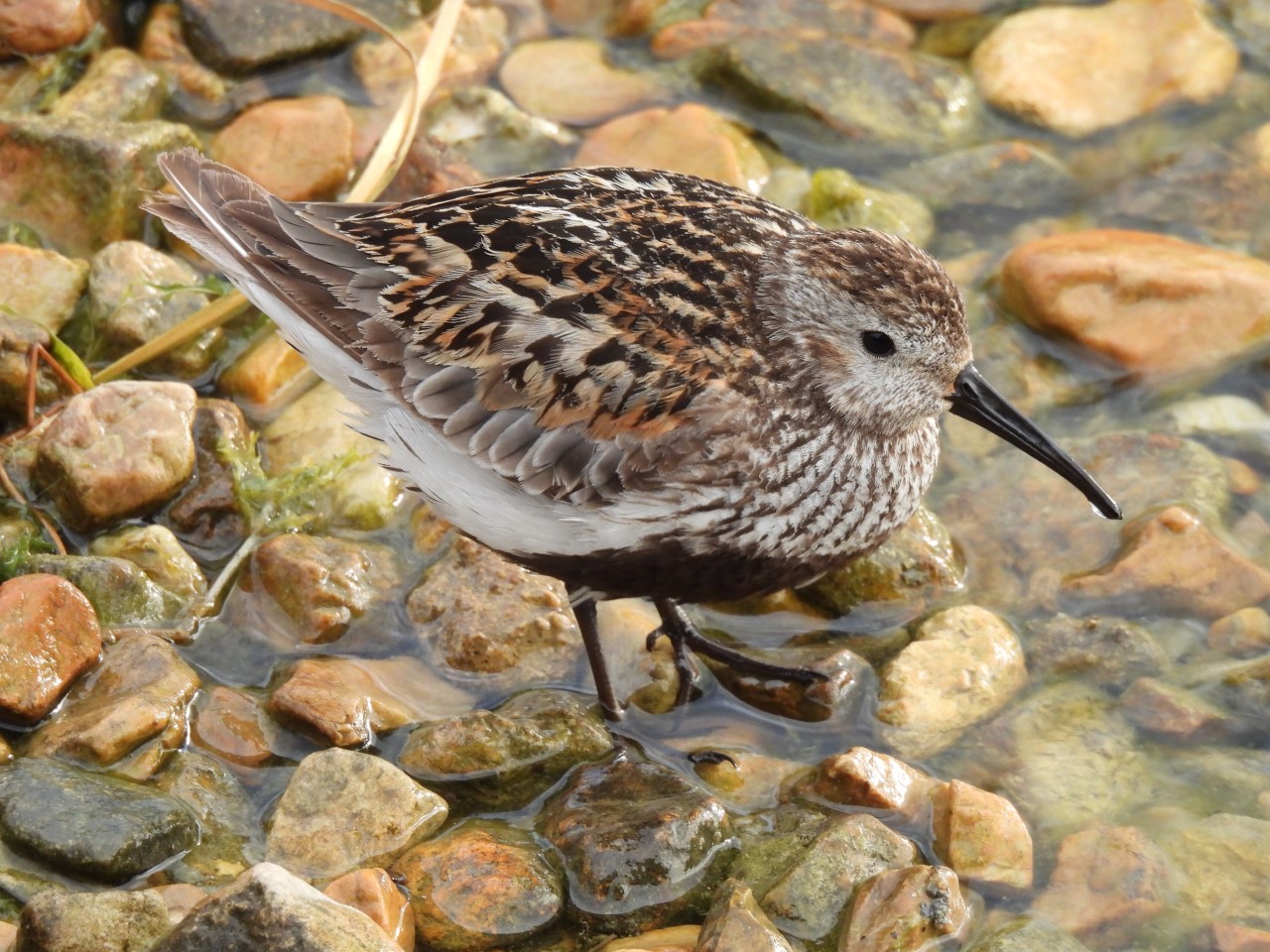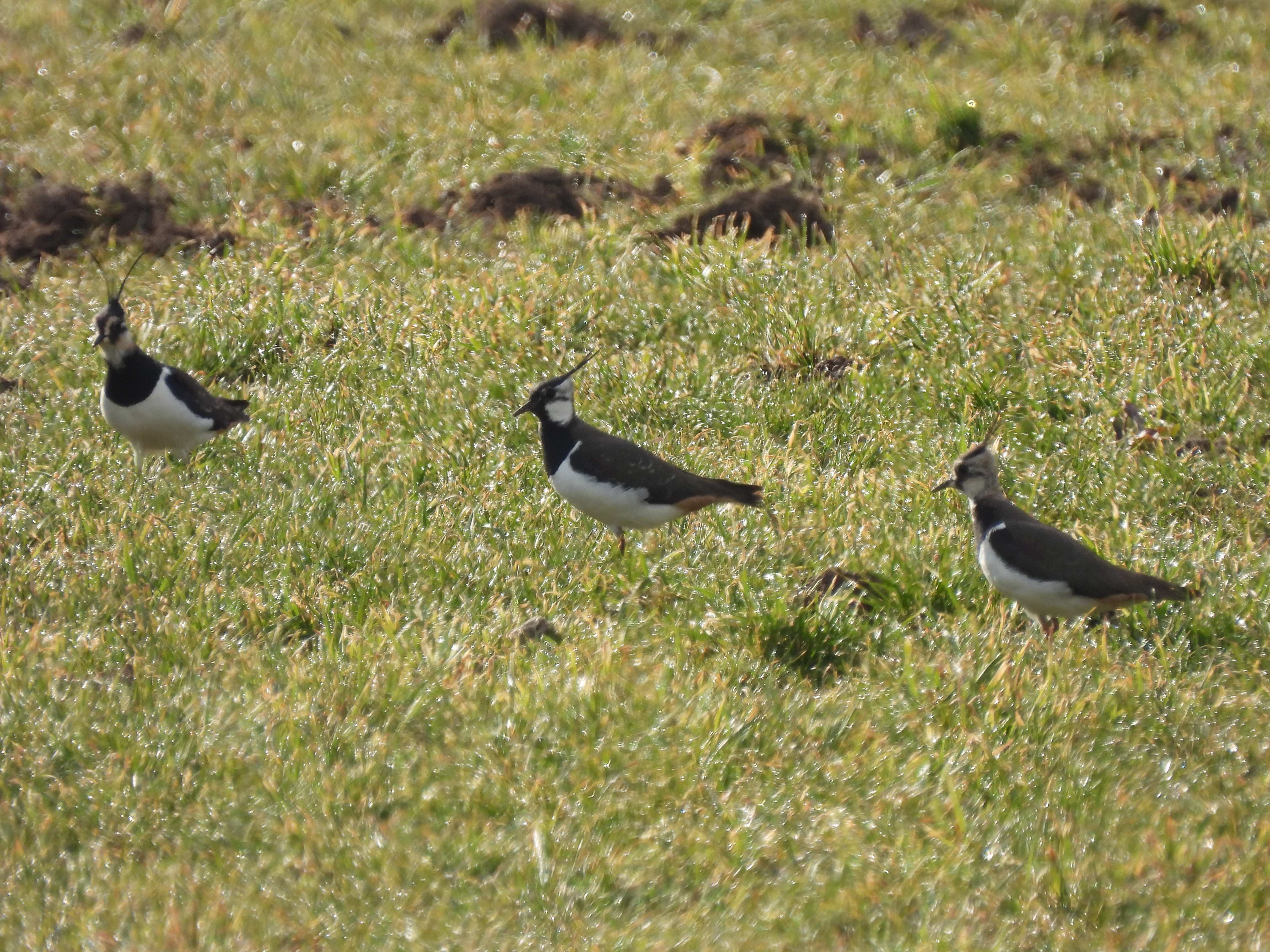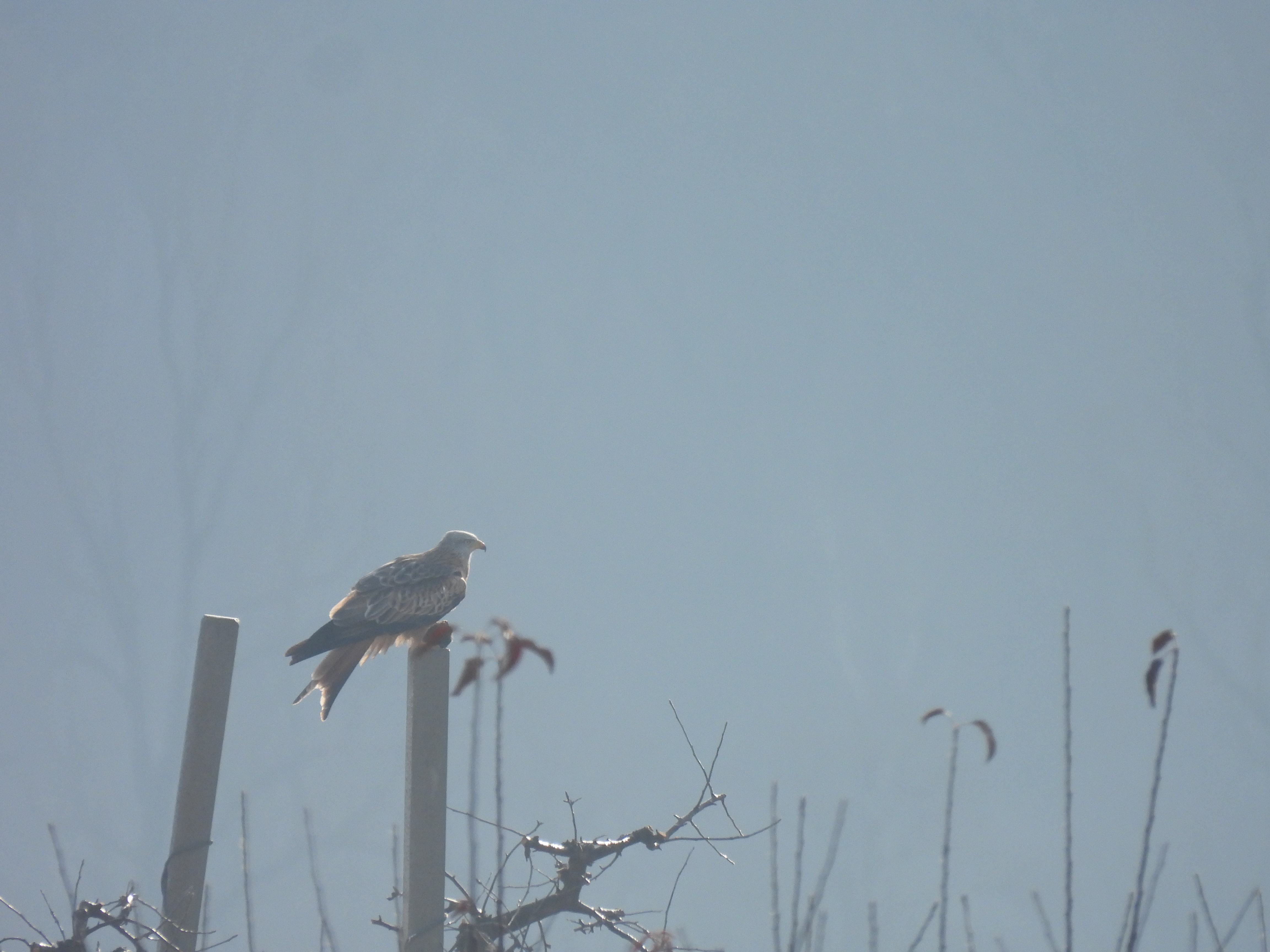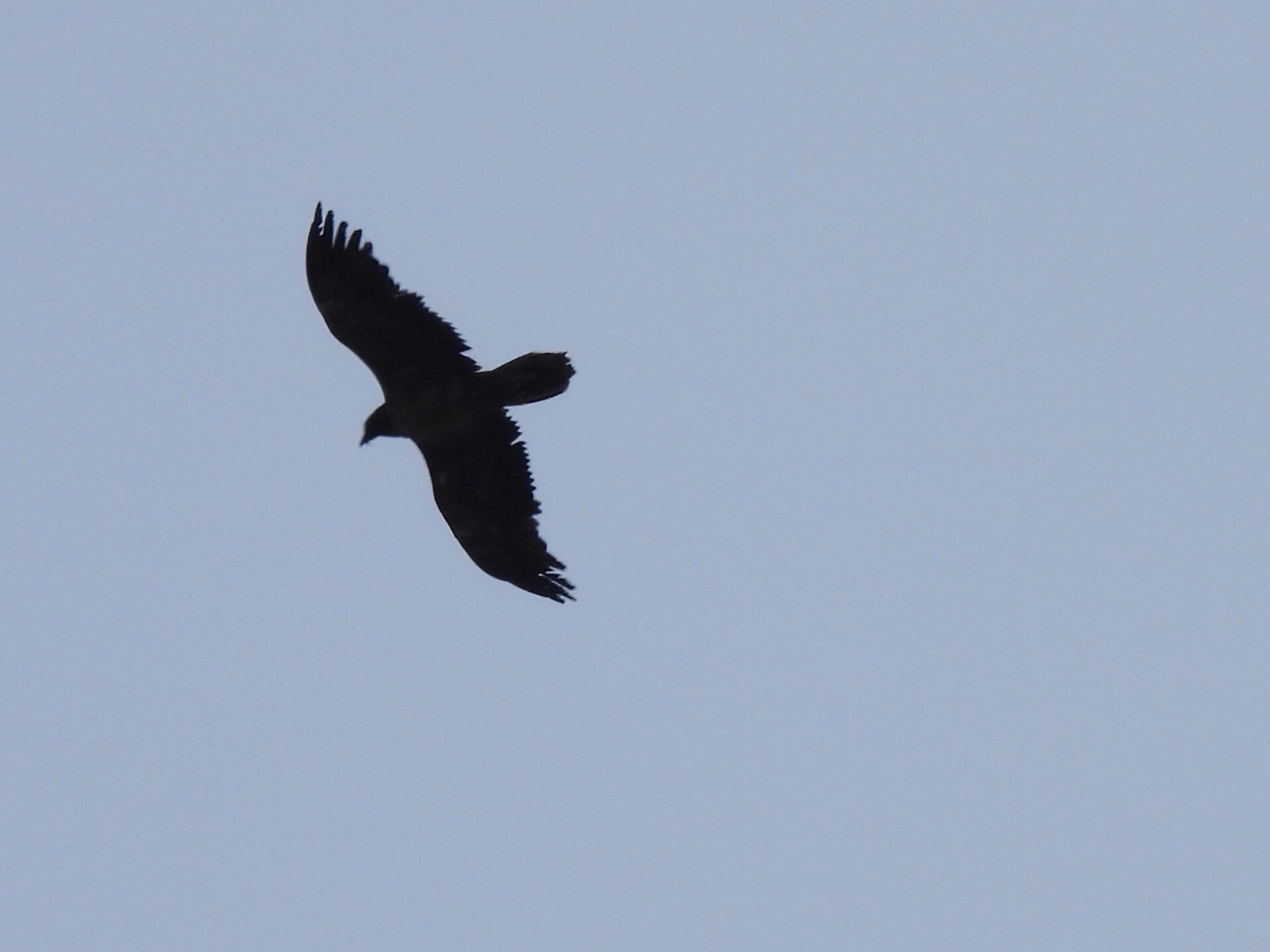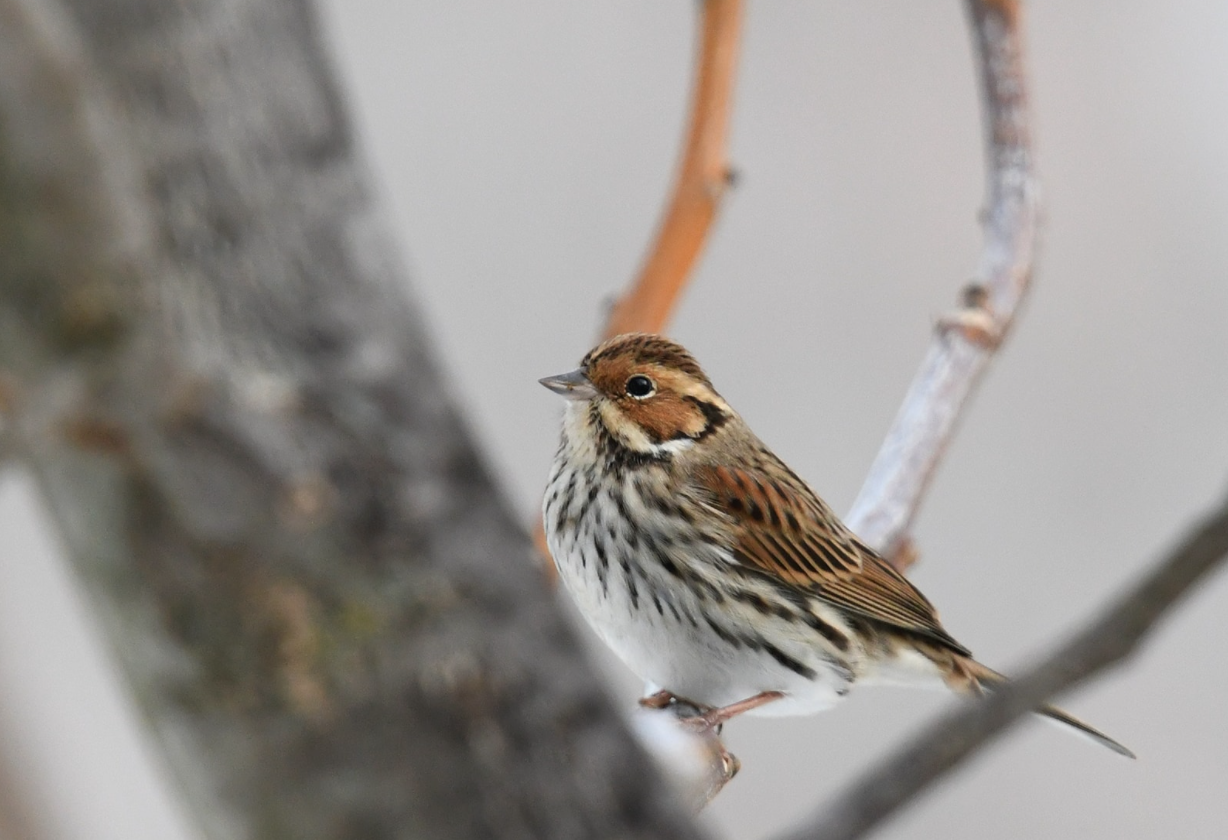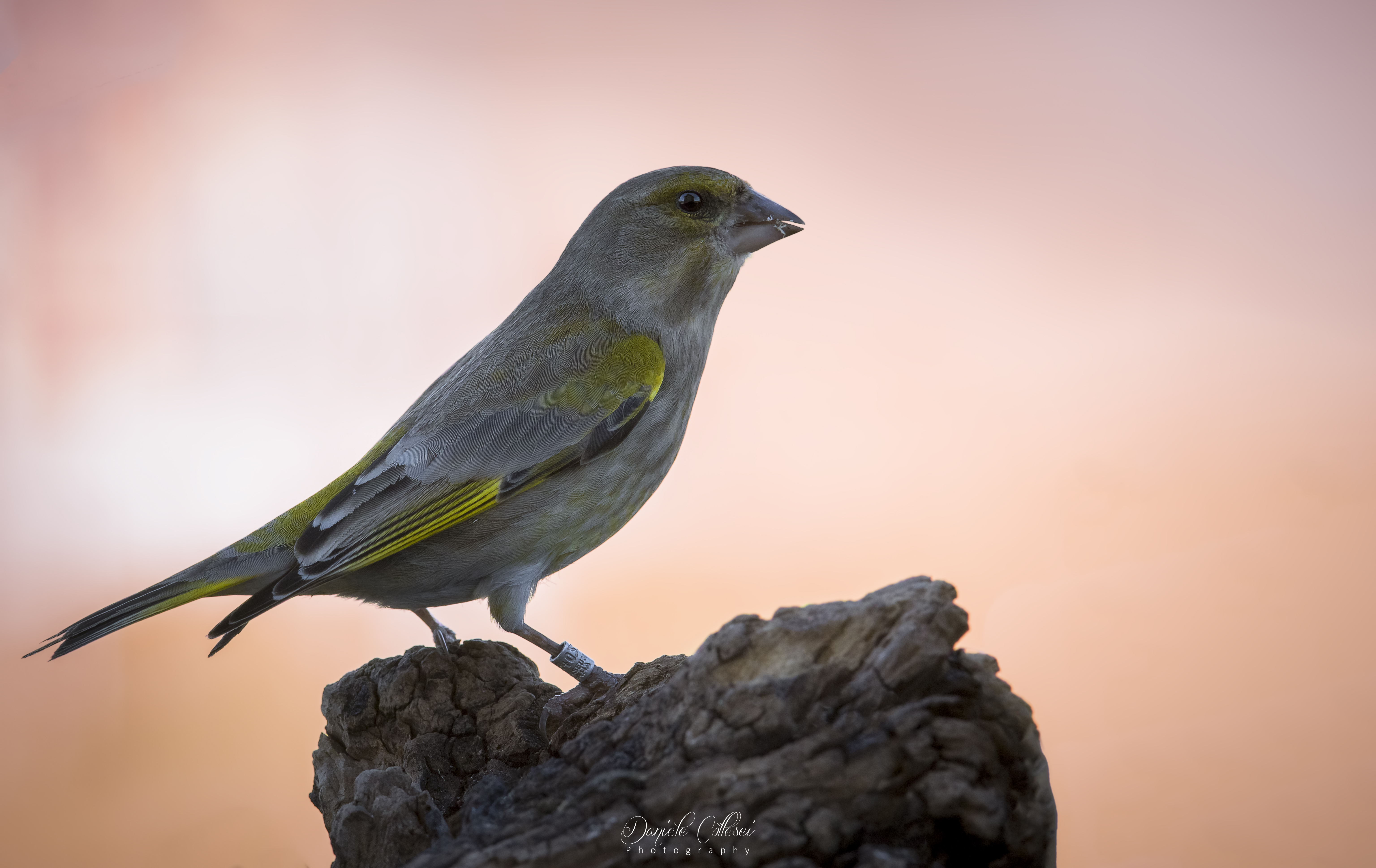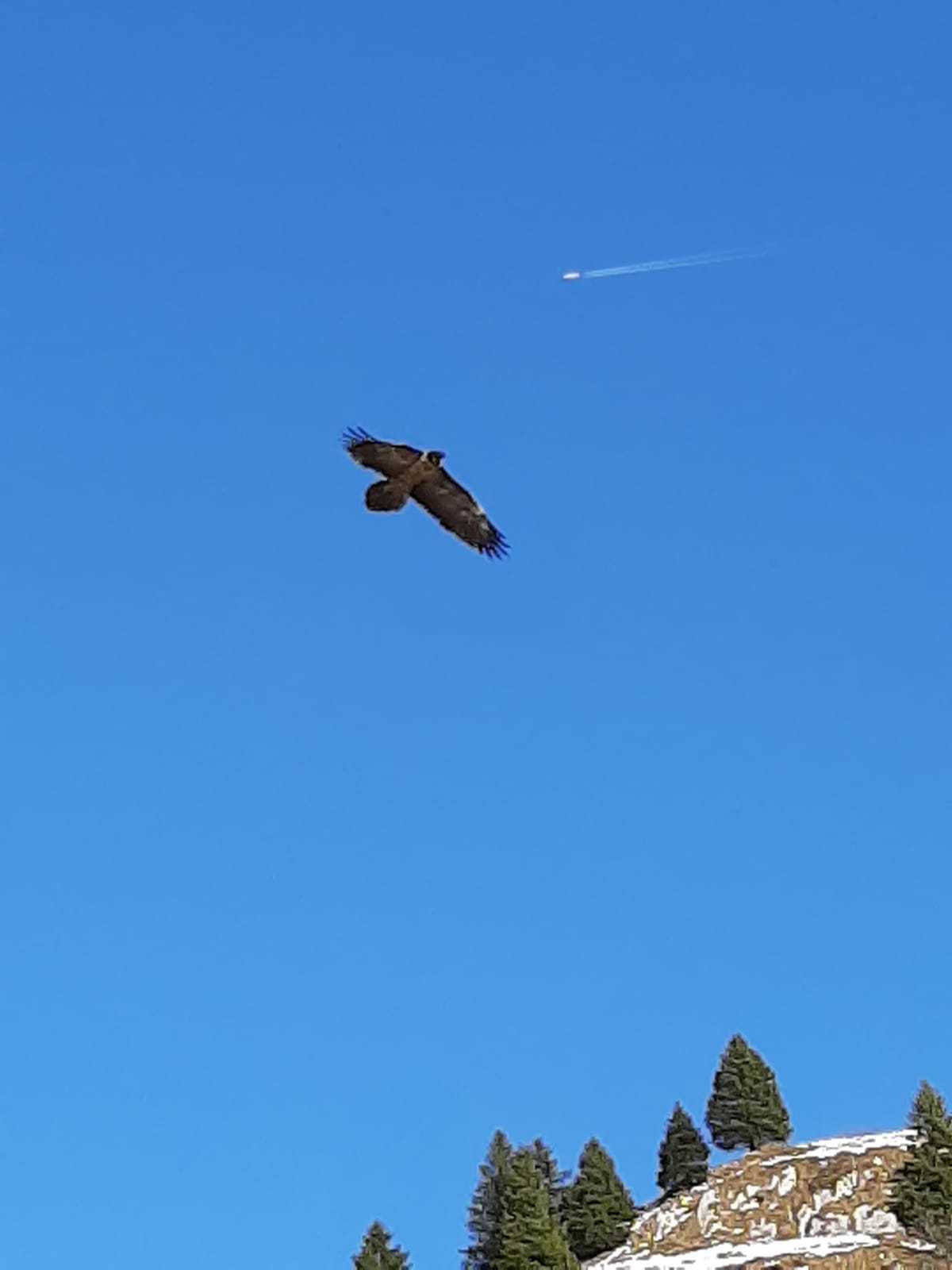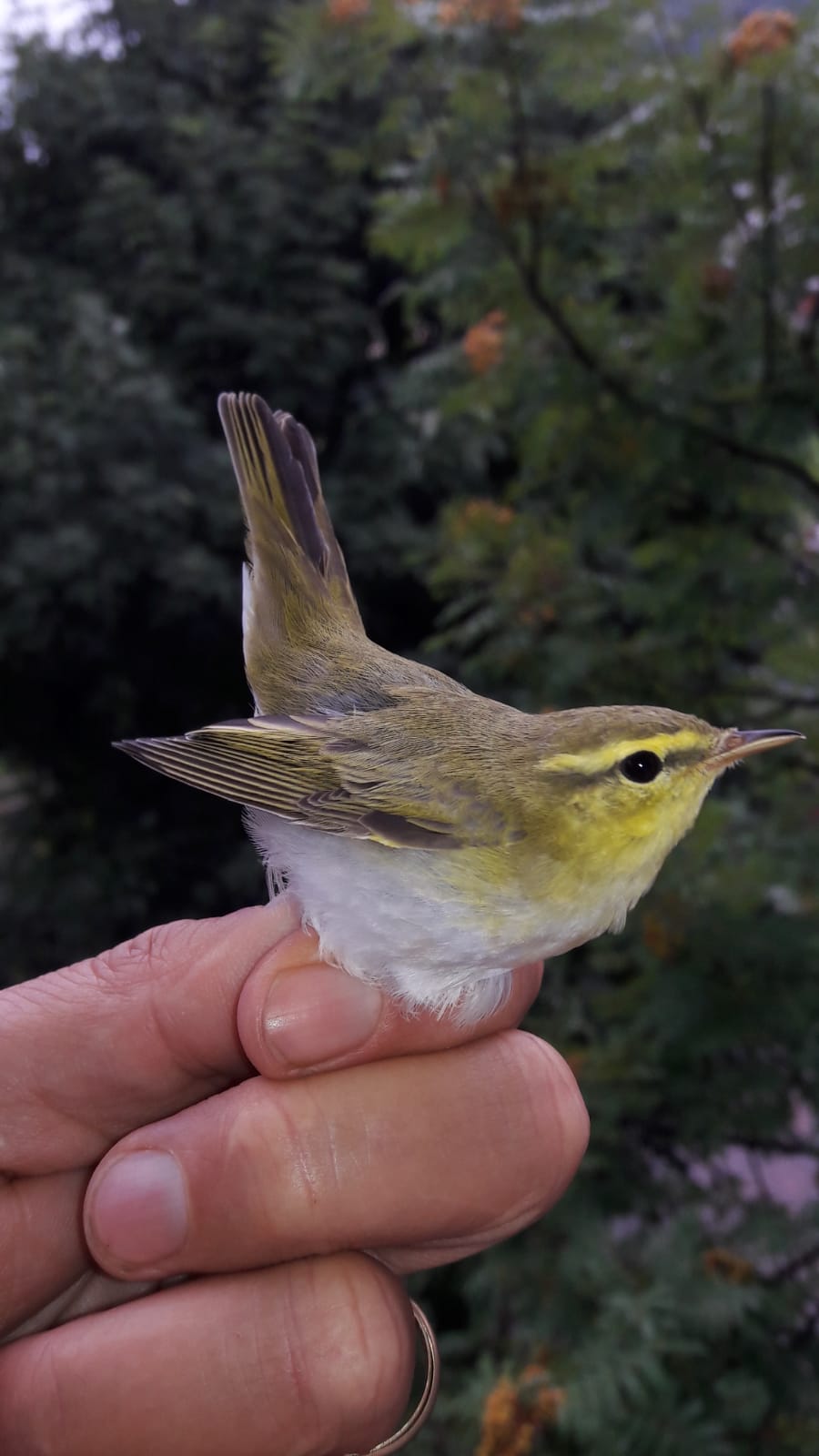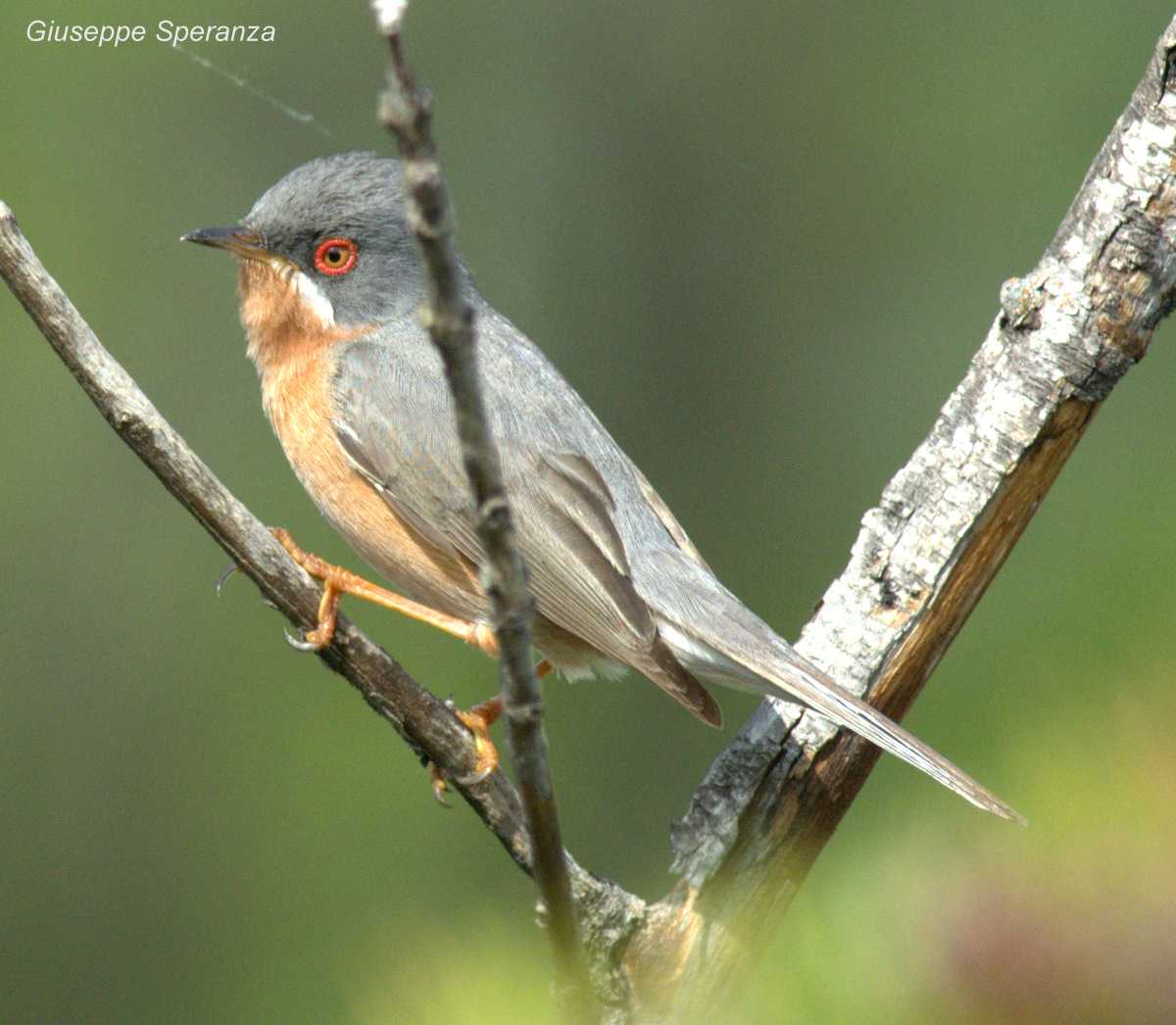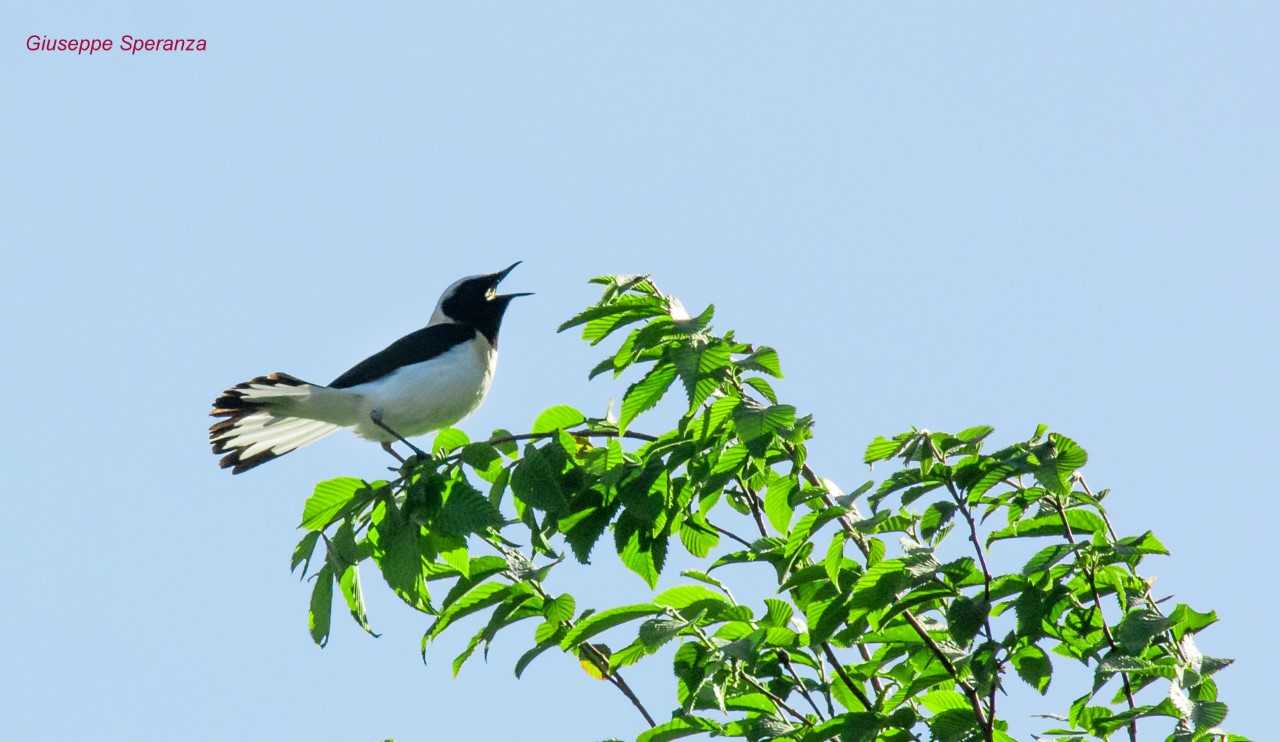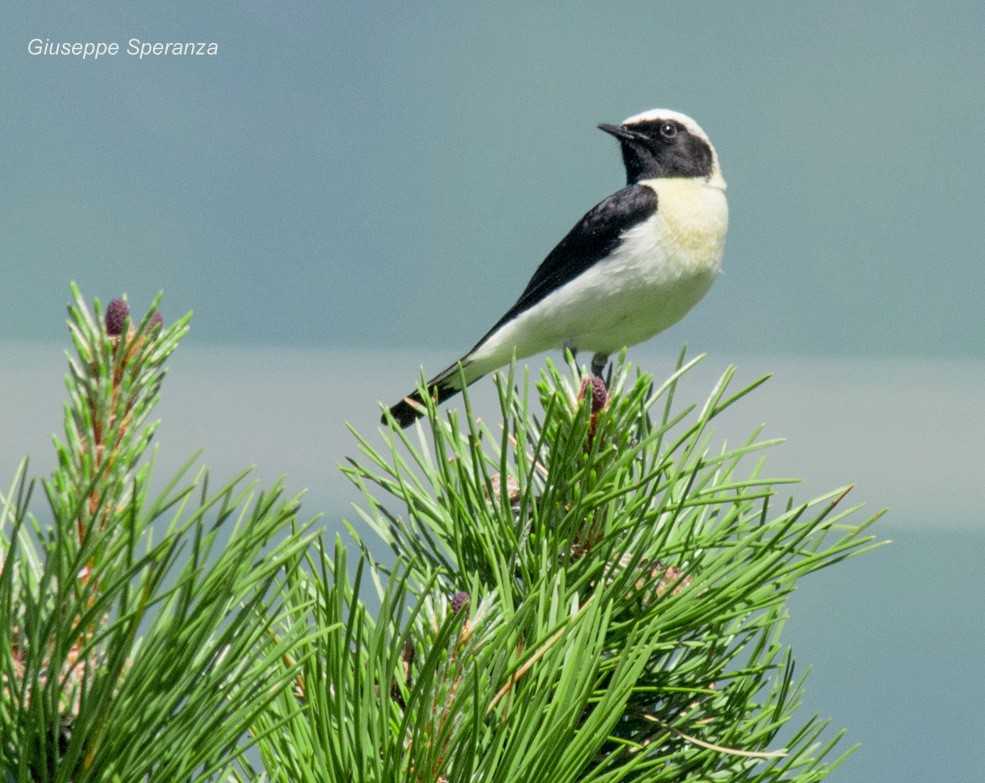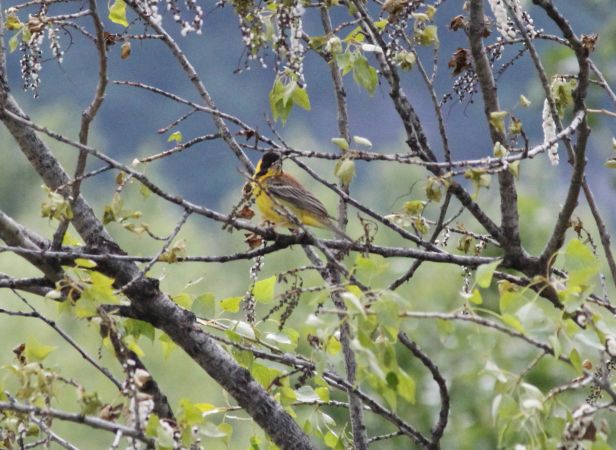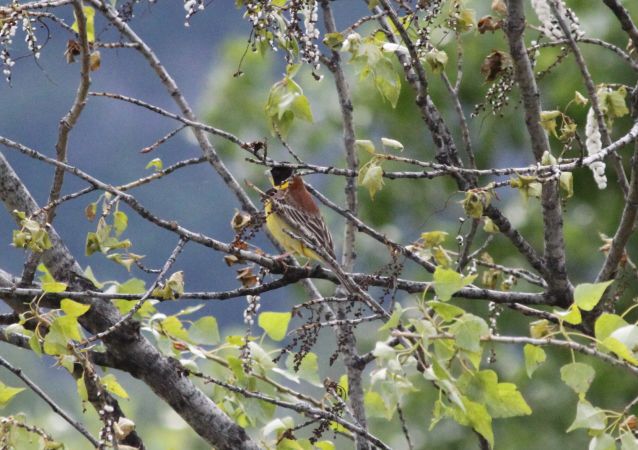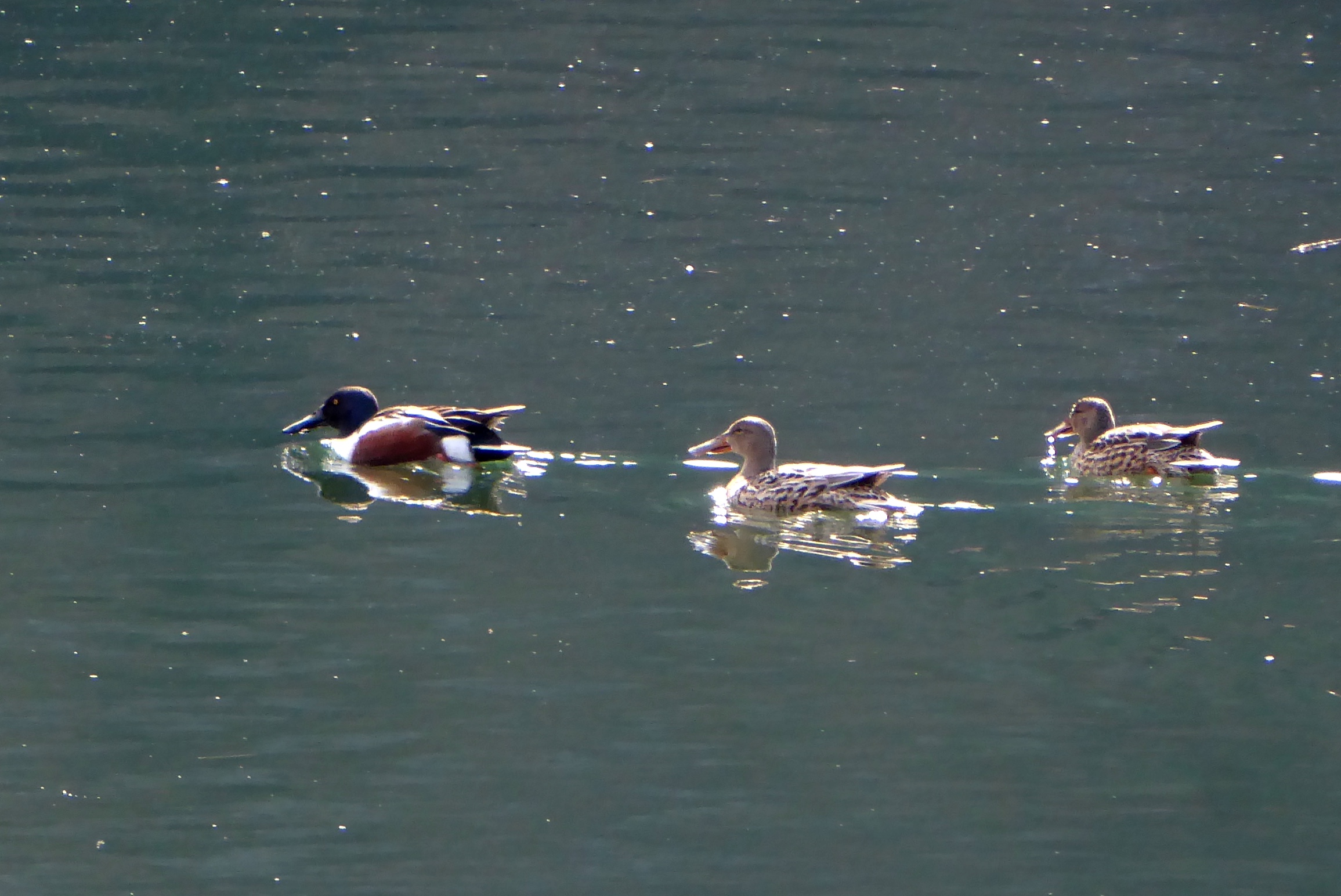“Large carnivore attacks on humans: a worldwide study to investigate spatial-temporal patterns, triggering factors, scenarios, and species attributes” is the title of my PhD project, which I am carrying out since September 2016 at the UMIB (Research Unit of Biodiversity, University of Oviedo) in partnership with MUSE – Museum of Science in Trento.
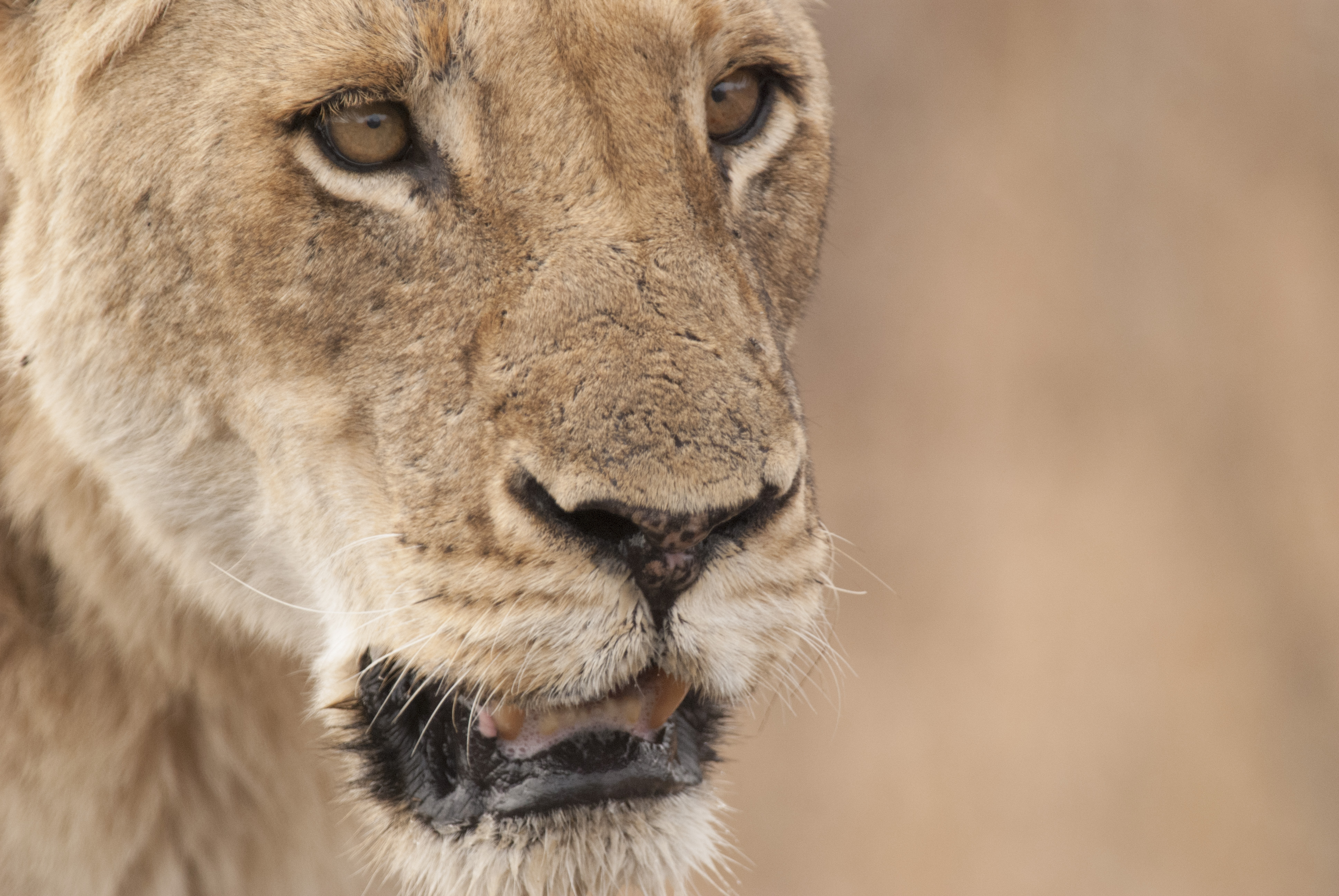
Vincenzo Penteriani, María del Mar Delgado (University of Oviedo, Spain) and Paolo Pedrini (MUSE) are my supervisors. The project aims at analysing various aspects related to attacks by large carnivores on humans on a worldwide scale to improve the understanding of this phenomenon and obtain useful information which could help to reduce the occurrence of such incidents. Following the creation of a dataset, including various information concerning attacks that occurred from the ‘80s all around the world, I will study spatial-temporal patterns of the attacks and investigate recurrent elements as well as factors which might have triggered an attack. A further objective of the work is to compare attack scenarios and characteristics among continents which present significant differences in the socio-economic structure, culture, types of recreational and agropastoral activities, as well as in the abundance and distribution of large carnivore species and populations. The information obtained from this study will allow the development of further comparative works, which could help find solutions to prevent the occurrence of this kind of encounters and, therefore, mitigate human-carnivore conflict.
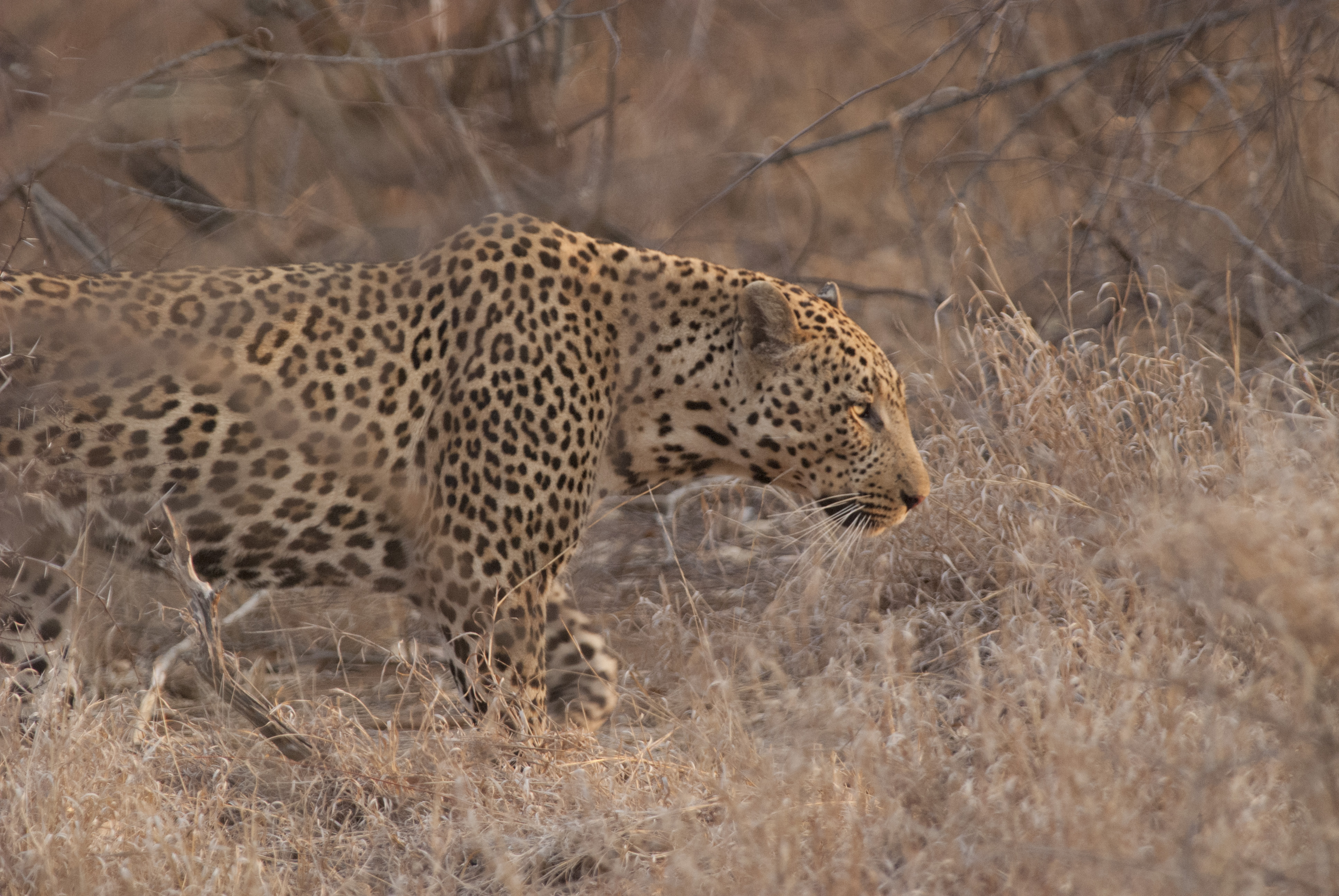
To find out more about my research visit my ResearchGate profile. As part of the CANTABRIAN BROWN BEAR RESEARCH GROUP, I am also taking part in other projects on the ecology and ethology of the Cantabrian brown bear. Have a look at our website!
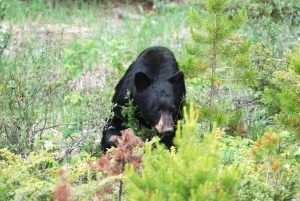
Photos: Vincenzo Penteriani



